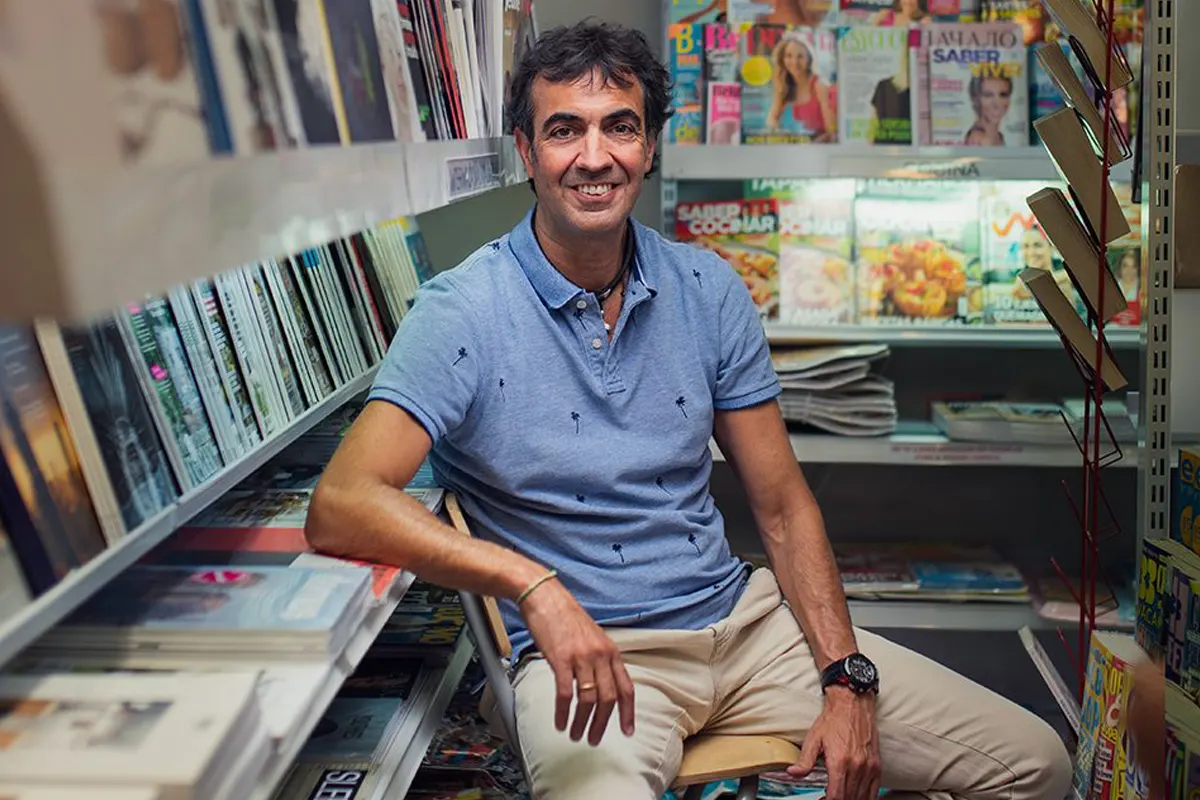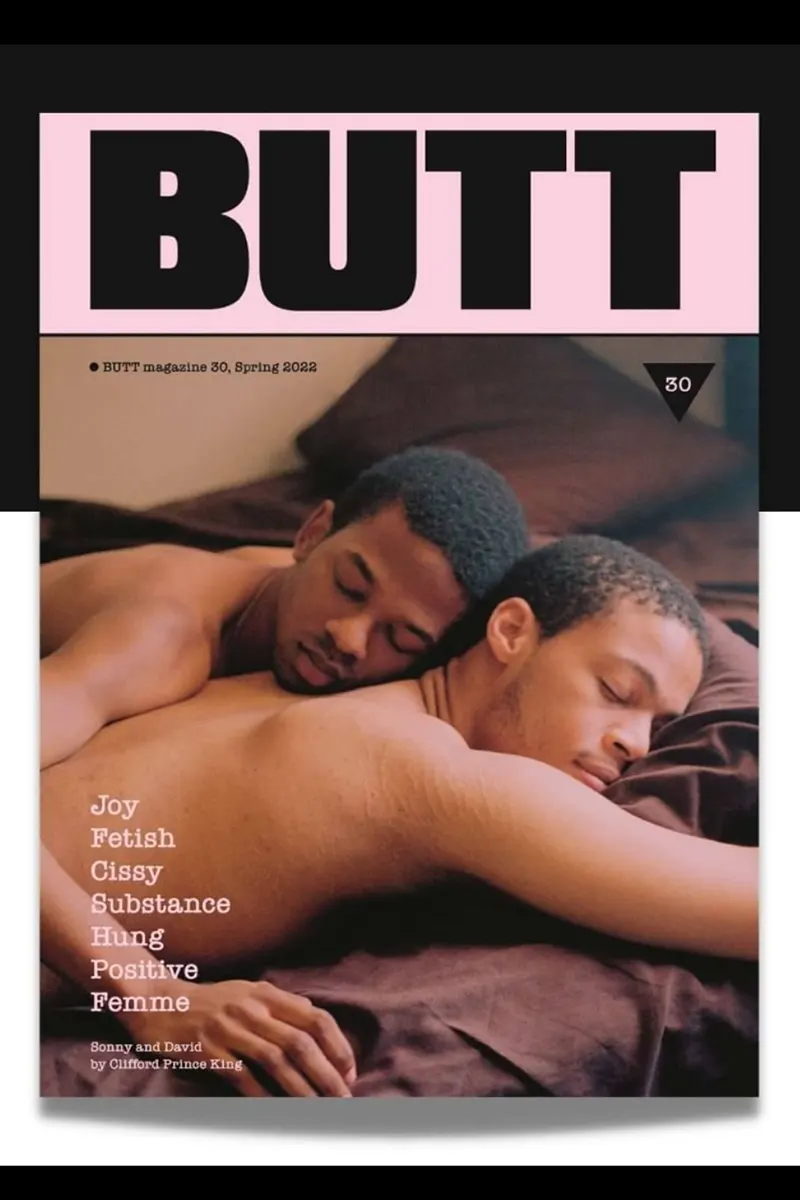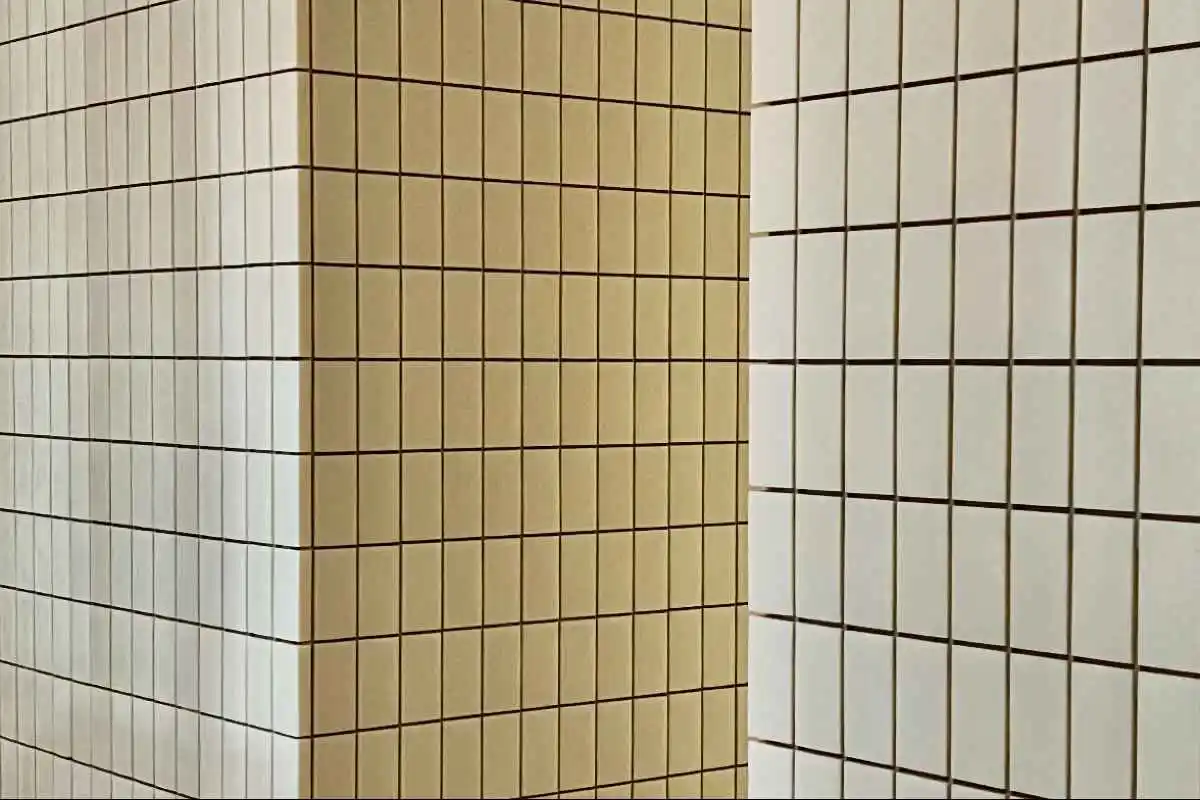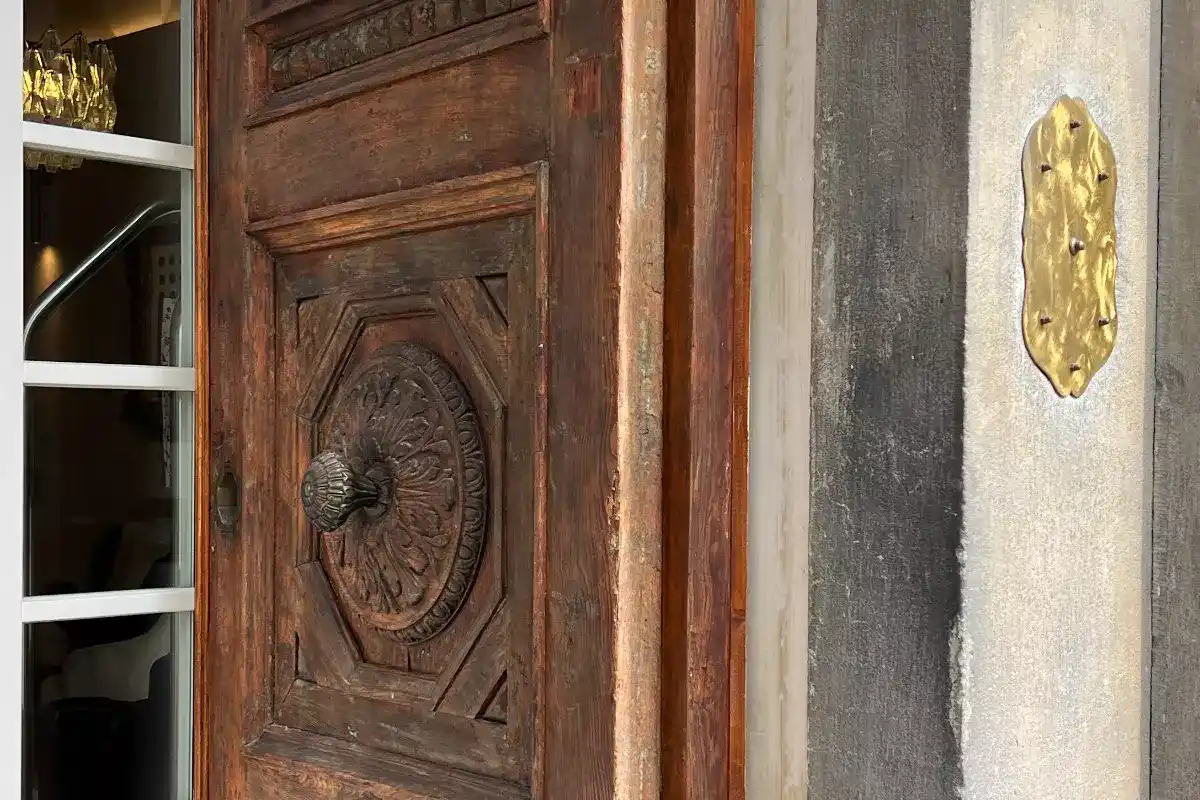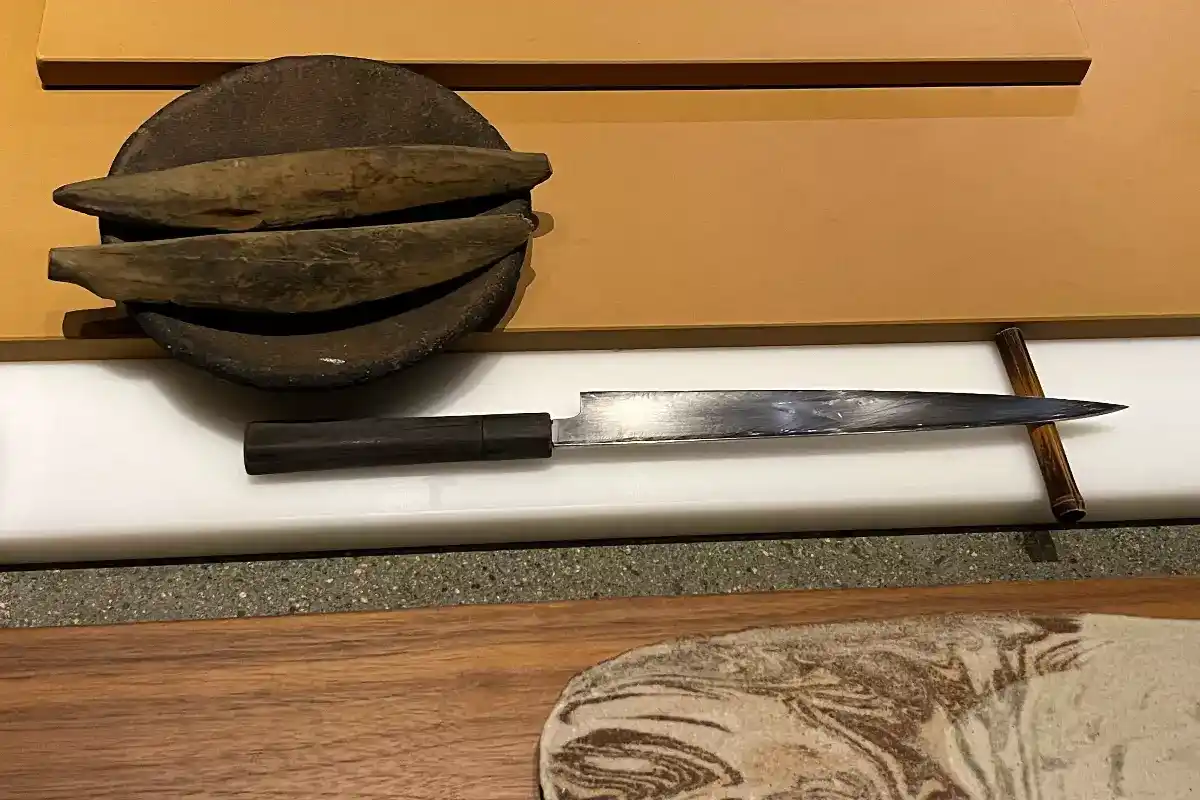An old press store is becoming a centre for independent international magazines, owner Antonio Torán recounts the publishing selling system in Spain
Boutique de la Prensa kiosk in madrid
At the edge of one Madrid neighborhood in which madrileños spend their time for culture, stands the Boutique de la Prensa. Owned by Antonio Torán, it is a kiosk which has maintained the simplicity of its structure over time, while affirming its presence within the artistic community of the Spanish capital. Torán wants his kiosk to be a place for «the whole family», is to say, a place where there is a range of magazines’ choice for every age, gender, or cultural interest.
The Boutique’s peculiarity stays in its niche magazines’ variety: it has become one of the few kiosks in the country which sells a kind of publications that customers would otherwise find only on the web. The Boutique de la Prensa stays in the Chamberí district, at the limits of the Trafalgar neighborhood. Here have been living the Spanish aristocracy in the past two centuries, leaving its mark on the architecture and cultural habits of the place. Calle de Zurbano is a street known for its mansions, boutiques, and museums, a synthesis of the style of the barrio.
One of the neighborhood’s museums is the Andén Cero-Estación de Chamberí, an old tube station that now displays the history of Madrid’s underground system, dating back to 1919. This conversion of the buildings’ use has been put in practice for some cinemas, Galileo and Luchana, which have become theatres, while Calle de Fuencarral was known to be the cinemas street, back in the Nineties: today the majority has closed, while others stay there since the Thirties and the Forties. The Boutique de la Prensa is situated between Calle de Fuencarral and Calle Cea Bermúdez, where there is the Canal Theatres, a performing arts center whose building, designed by architect Juan Navarro Baldeweg, has won the National Prize for Architecture.
The rise of international magazines
The Boutique de la Prensa, in the beginning, was the neighborhood’s press and magazines store, which started to change because of a couple of clients. «They were in the fashion world: he was a photographer and she was a stylist for magazines. They started to order magazines that were difficult to find in Madrid. From there, we started to offer other kinds of publications», says Torán.
«When people saw that we could get them, they started to demand magazines that were a little bit special». The phenomenon of independent magazines has been having a boom in Europe in the last twenty years. Dedicated stores have appeared in Europe’s capitals, except in Madrid. «We understood that this niche had a possibility on the market, and it would have given us the possibility to differentiate ourselves from the rest of the city kiosks». From there, the idea to specialize in international magazines and, «little by little», as the offer of magazine-books and independent magazines grew, «to try to get those magazines to offer them to our customers».
Independent magazines vs mass distribution magazine
In Spain the demand for specialized magazines is starting to develop at this moment, explains the Boutique owner. «People are not used to buying this kind of product, as they may be in Berlin, London or Paris. A store can not be dedicated only to the sale of special magazines, because there is not all that demand». One of the Boutique aims is to get the public used to the fact that this kind of publications can be found in Madrid, «that they can get it, and we are the ones to offer that».
The reality is that the kiosk needs to sell other than independent magazines to make a living. The idea is to continue to sell other kinds of stationery products, «to be able to survive, and take time to introduce other products to customers, which we like better». Torán appreciation for «other products» is due to the care towards the creation process that they display. «High quality magazines are nicer products to sell, and they are more appreciated. When you see and read them, it is not the same as a mass distribution magazine, which is not such a careful product, neither in the elaboration nor in the design process».
The Boutique’s neighborhood: English, French, or German
With the advent of e-commerce conglomerates, bookstores, stationery stores and kiosks have been disappearing from cities. The Boutique’s neighborhood «is a typical area of Madrid, with small stores. People like to go out and shop around». The kiosk has been transformed into a place «where people could find everything to do with reading, both books and magazines, and here has developed a great demand for international magazines».
It happens that part of Torán customers speaks English, French, or German, and «there are many acculturated older people too». They were the first target for which the kiosk has started to import international magazines. It was a starting point to educate even other kinds of clients, in an attempt of spreading and offering a variety of culture.
Sustainability at Boutique de la Prensa
«We have been giving them basic magazines of decoration, photography, or cars as well. We have introduced them to new independent magazines that are coming out, trying to create the need for them, educating customers to know them». Some titles sold by Boutique de la Prensa are specialized in sustainability, a topic that has taken hold in the last years, giving birth to dedicated magazines. «It is clear that when a publication becomes fashionable you also have to bring it in,” says Torán, «and our objective is to specialize not only in the magazines that are in fashion but to maintain an always stable offer of all the magazines».
The theme of sustainability, and the turn that magazines have taken to fight against the offer that the Internet gives, makes these magazines «more cared for, and I do not believe that it is a fashion but a tendency towards what the magazines are going». They are magazines that come out every six months, with articles that can be read now or in three years and that « »are always a little bit current. I don’t see it as a fad but as the future of magazines».
The selling model of Boutique de la Prensa
Another reason why the Boutique de la Prensa is an exception among the Madrid kiosks is its selling model. There are independent magazines that are published in Barcelona or Madrid, but they all go to Europe. These companies work with firm sales, which is a way of working that «nobody in Spain does in the press. We have decided to work as the stores in the rest of Europe do, to buy on a firm basis, in order to be able to offer our clients what is no longer on the newsstands in Spain because it did not have enough circulation or for a massive diffusion».
In Madrid there are fashion stores or restaurants that sell specialized magazines, «but they have a small sample of some publications. What we are achieving is to be the one store specialized in magazines and the one that you rely on, because we know the product». When a new issue arrives at the kiosk, on its Instagram page customers are told what the magazine is about, besides seeing the cover and some contents. «We don’t just post the cover of the magazine, we try to make the customer know a little bit about the product. In return, through comments, it also helps us to know more and to become more specialist».
Clients are introducing magazines
After a client asked for a particular issue of an English magazine, Torán got in touch with an agent in London who allowed the Boutique to bring in magazines that can’t be found in Spain. Another client wanted a specific issue of a Japanese magazine and, «with some patience and time», they were able to get it. People are starting to know that the kiosk is dealing with a niche, and that its team knows how to manage it. What the Boutique de la Prensa wants to be is not a hybrid between a neighborhood kiosk and a specialized store, but «a city kiosk, with all the services it has to have and topic range possible», besides being a reference for the public of these types of magazines.
Boutique de la Prensa
Avenida Real de Pinto 68, 28021, Villaverde-San Andrés, Madrid. Owned by Antonio Torán, it is a kiosk which has maintained the simplicity of its structure over time, while affirming its presence within the artistic community of the Spanish capital. Its aim is to continue to be a local kiosk, with all the services that it is asked to give, with an attention to international publications that is attracting photographers, fashionistas, designers, and other creatives.


